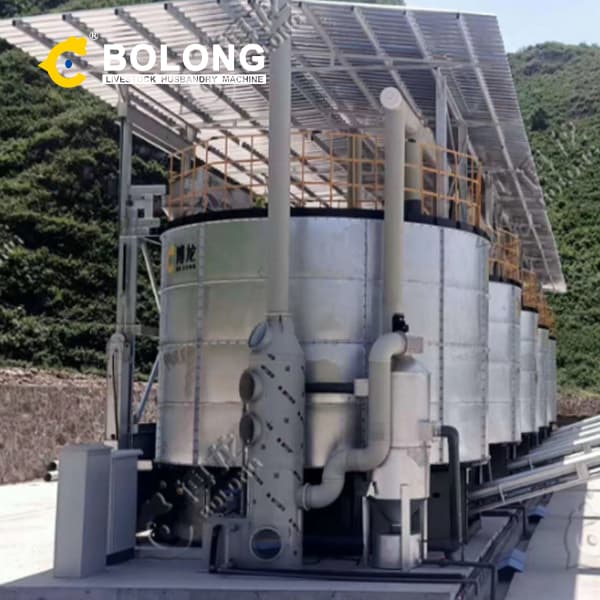
May 4, 2023 · Stainless steel is a popular choice for fermenting tanks because it’s durable, easy to clean, and resistant to corrosion. It also has excellent temperature control properties, which is crucial for the fermentation process.
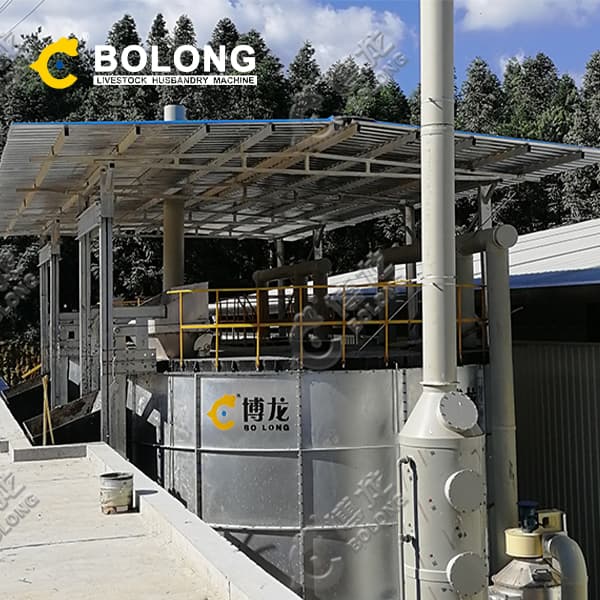
Aug 30, 2017 · The 304-grade of stainless steel can withstand corrosion from most acids but is susceptible to corrosion from saline solutions, that is, the brine in your ferment! A better option for fermentation is the 316-grade of stainless steel.
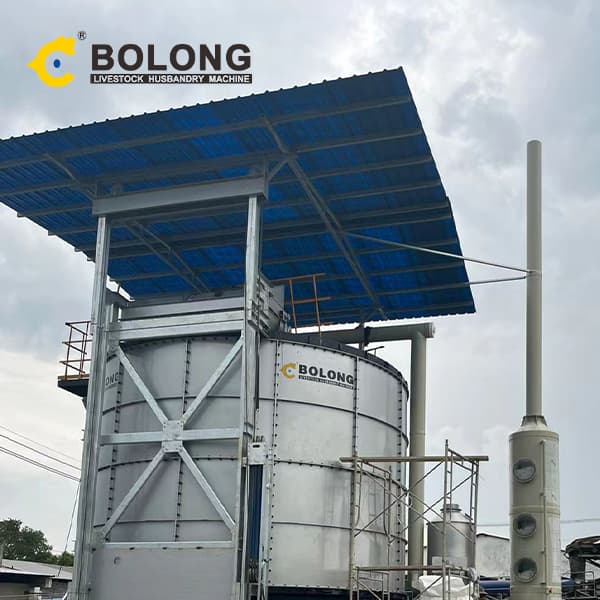
Jan 27, 2024 · Sauerkraut should not be made in metal containers because metal (even stainless steel) can corrode due to how acidic sauerkraut can get during fermentation. Stainless steel is resistant to corrosion. However, it can still rust and corrode when exposed to saltwater, acids, or other corrosive conditions.
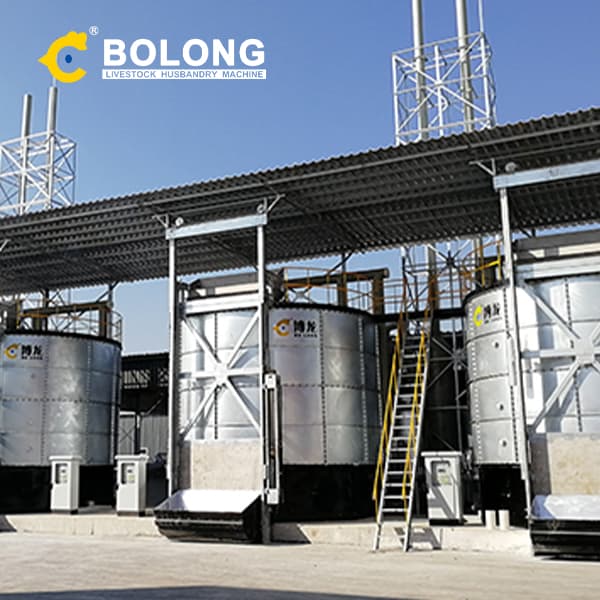
May 20, 2023 · Steel and stainless steel containers are both highly durable and food grade, the latter generally being considered superior amongst brewers due to their superior ability to resist corrosion, alcohol, and tarnish.
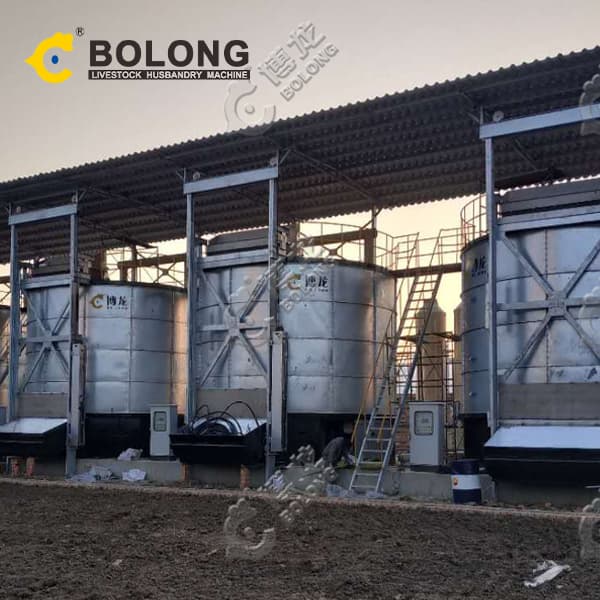
Sep 10, 2023 · When choosing a stainless steel container for fermenting vegetables, you can consider the following: Grade: 316-grade stainless steel is a better option for fermentation than 304-grade because it is resistant to corrosion from saline solutions.
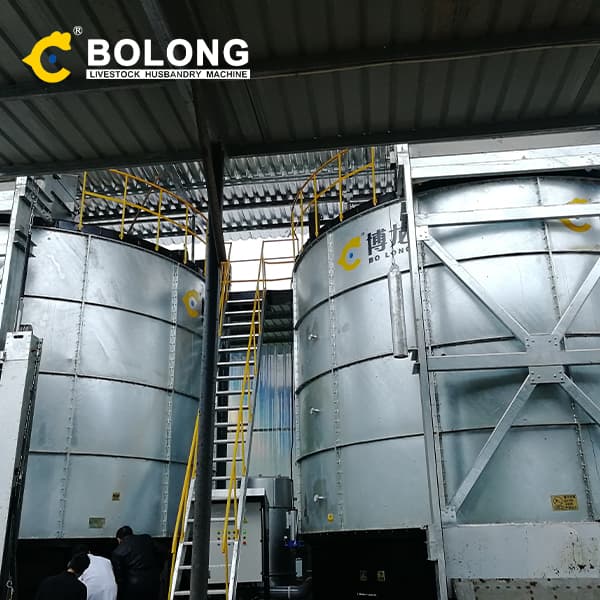
Every fermentation project requires a suitable container. Learn how to choose the best vessel among jars, crocks and kimchi containers
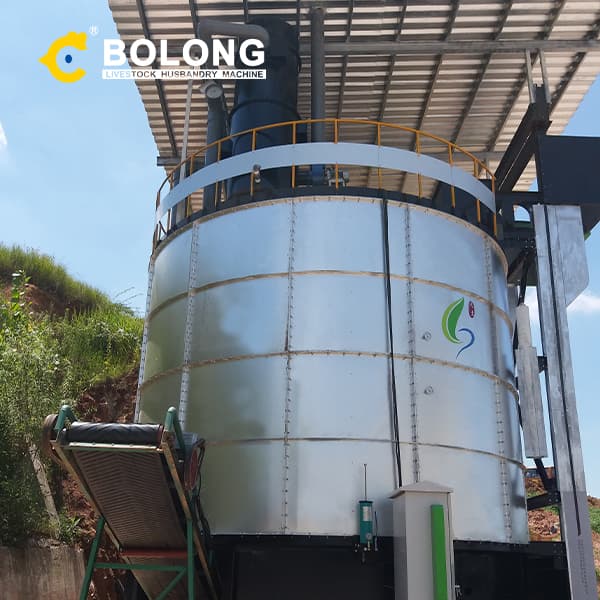
Aug 21, 2023 · Stainless steel is the most common material due to its resistance to corrosion, ease of cleaning, and durability. However, depending on the product and process, other materials like glass or specific alloys might be preferable.